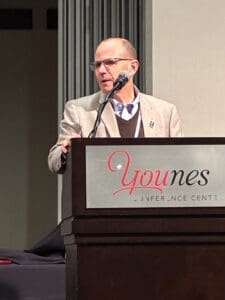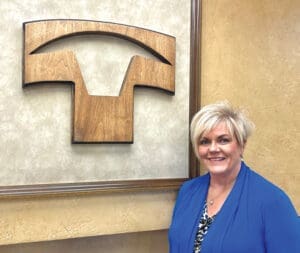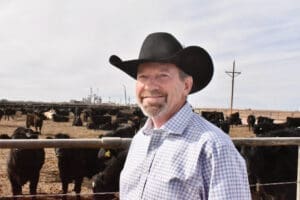By Jim Whitt Contributing Editor
COVID-19 turned the world upside down. Then the death of George Floyd set it on fire. Since then, it gets a daily dose of gasoline from pundits, politicians and protesters. As it burns, we wonder, “Will the world ever be normal again?” The answer depends on your definition of normal.
My online search for “normal” turned up more than 2 billion results, including one definition that everyone who has taken a statistics course will appreciate. It reads, “In general, normal refers to a lack of significant deviation from the average.”
Now that we have defined normal, let’s see how it differs from the new normal we now hear about ad nauseam. My search for “new normal” rendered only 6 million results. My favorite definition is, “The current prevailing situation, when it has emerged recently, differs dramatically from the previous one and is expected to remain.”
This implies that the new normal is statistically different from the old normal. Since it is expected to remain, it will no longer be new. It will simply be normal.
Synonyms for normal include, “usual, standard, typical, stock, common, ordinary, customary, conventional, habitual, accustomed, expected, wonted, everyday, regular, routine, day-to-day, daily, established, settled, set, fixed, traditional, quotidian and prevailing.” I had to look up “quotidian.” It’s a fancy way of saying daily or ordinary.
Now, let’s get back to your definition of normal. Would you use these synonyms to describe your life? No? Well then, perhaps you are abnormal. My search for “abnormal” turned up more than 2 million results — about one-tenth the results for normal. See if this definition describes you: “Deviating from the normal or average.”
If so, I have a list of synonyms for you to consider: “Aberrant, aberrated, anomalous, atypical, especial, exceeding, exceptional, extraordinaire, extraordinary, freak, odd, peculiar, phenomenal, preternatural, rare, singular, uncommon, uncustomary, unique, unusual, unwonted.”
I think many people would pick out a few adjectives from that list to describe me –freak, odd, peculiar. I prefer some others – exceptional, extraordinary, phenomenal. In either case, I plead guilty to being abnormal.
I have an exercise to help you determine where you are on the normal/abnormal continuum. Write your autobiography from birth to today – condensed, of course. Include all the significant experiences in your life – regardless of whether you consider them to be positive or negative – that have helped make you who you are today. Conclude your autobiography by completing this sentence: “The most significant thing about me is … .”
Here’s what you are going to discover. There will be good, bad and even ugly chapters in your life. This is normal. And guess what? You’ve survived. Your autobiography proves that, as crazy as our world is now, there’s not much it can throw at you that you can’t overcome.
If you’re still hoping for a degree of normalcy, I suggest you watch the movie Tombstone. The storyline has been told countless times in literature and film, usually focusing on the gunfight at the OK Corral. This version, starring Kurt Russell as Wyatt Earp and Val Kilmer as Doc Holiday, delves deeper into the friendship and psyches of the two men.
Near the end, Holiday is confined to a sanitarium for treatment of his tuberculosis. Earp visits him daily and on what turns out to be the last day of his life, Doc waxes philosophical, recalling his first love. “She was all I ever wanted,” he says. He then asks Wyatt, “What did you want?”
“Just to live a normal life,” Wyatt answers.
Doc’s response is one of the most profound statements I’ve ever heard. “Tis no normal life, Wyatt. There’s just life.”
We tend to categorize our experiences in life as good or bad. Life is neither good nor bad, it just is. Normal is an illusion. If you buy into that illusion, you’re delusional. The world has never been normal and never will be. There is no normal life. There’s just life. It’s how you deal with it that makes the difference. And the answer to that is how you completed the sentence at the end of your autobiography – The most significant thing about me is …





